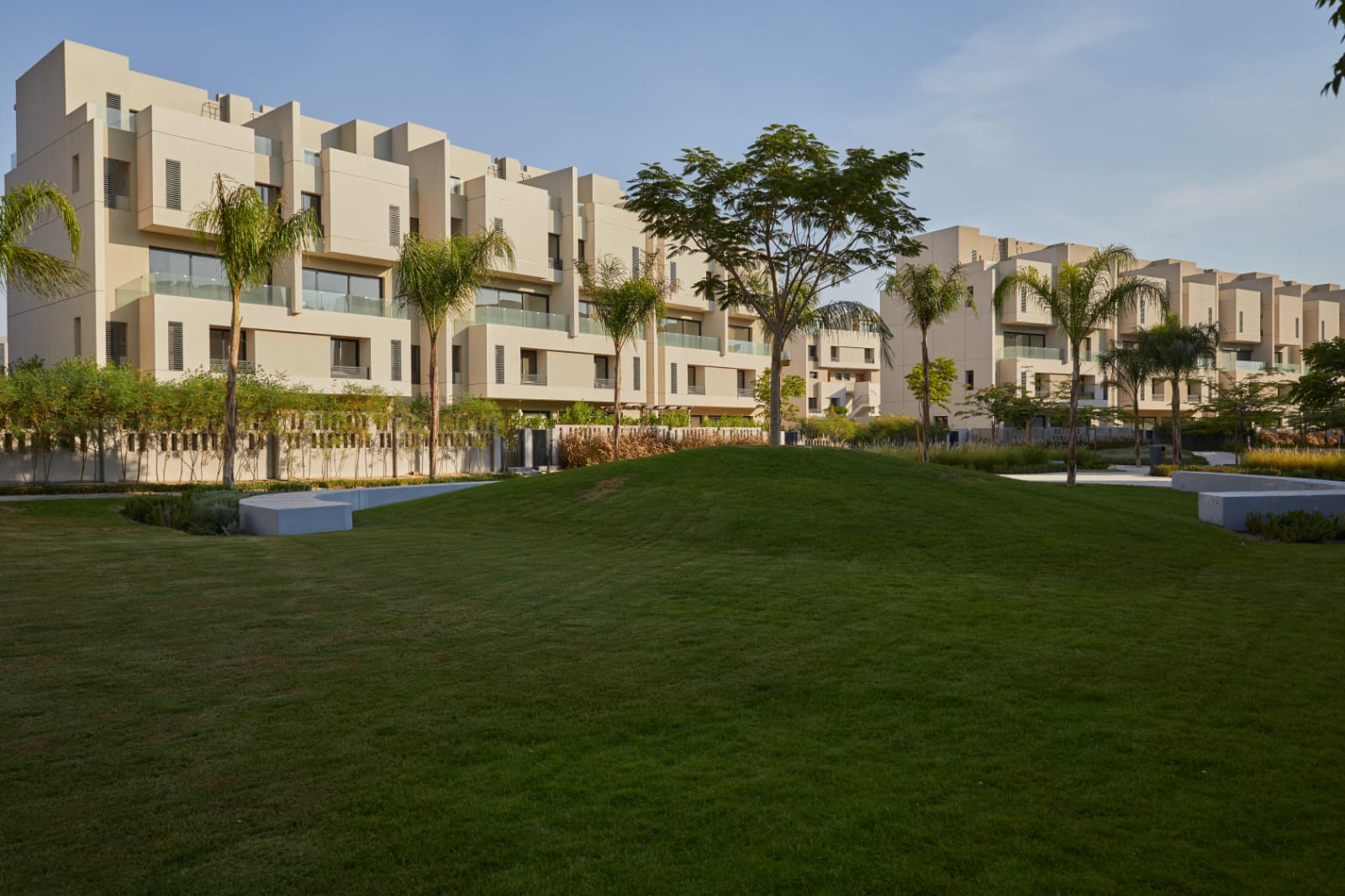JLL; Cairo’s hospitality sector is poised for sustained growth
Font size
With Egypt expected to witness tourist inflows of 15 million by the end of this year, Cairo’s occupancy levels continued to experience healthy growth levels in Q3, rising to 68% in August 2023, compared to 61% during the same period last year, reveals JLL’s Cairo Real Estate Market Overview Report for Q3 2023.
In the quarter, Revenue Per Available Room (RevPAR) saw a significant increase of nearly 8%, reaching approximately USD 95 despite the average daily rate (ADR) in Cairo slightly decreasing by 3% (y-o-y) to reach USD 144 for YT August 2023.
In addition to the anticipation of tourism levels surpassing 11.7 million visitors in 2022 and 13.1 million visitors in the pre-pandemic year, 2023 also witnessed major developers and operators translating their interest in Cairo and Egypt into launching new projects, further strengthening the sector’s resilience. One notable example is the partnership between SODIC and Nobu, which aims to introduce the inaugural Nobu Hotel and Residences in West Cairo. Another significant announcement comes from the Hilton Group, which is collaborating with City Edge Development to establish two new hotels in Cairo – the DoubleTree by Hilton Maspero Triangle Towers and the Hilton Magra El-Oyoun with operations expected to commence in 2026 and 2028, respectively.
Moreover, while hotel stock in the capital remained fixed at around 28,000 keys with no new hotel openings for the third consecutive quarter, almost 600 additional keys are expected to become operational in Q4 2023.
Ayman Sami, Country Head, Egypt at JLL, said: “Egypt’s impressive reception of approximately 7 million visitors in the first five months of 2023 has injected a renewed vigour into Cairo’s real estate market. This surge in tourism, combined with the roll-out of progressive laws, promising project pipelines, and a growing emphasis on sustainability and innovation across sectors, paints a compelling portrait of the transformative journey ahead, paving the way for increased inward investment in the country.”
Foreign ownership law to propel the performance trajectory of Cairo’s residential market
Despite the rising prices, the residential segment has been gaining momentum owing to the continued fear of further devaluation. Moreover, aimed at fostering increased inflows of foreign currency and facilitating investments, the Egyptian government approved a new law in July, which permits foreign individuals to own residential properties in the country, offering conditional citizenship and other incentives to buyers. This is expected to attract a higher number of foreign investors, particularly from Gulf nations, who are keen on exploring new investment avenues or acquiring residential properties in Egypt for use as secondary residences or holiday retreats.
In addition, during the third quarter, residential developers continued to attract buyers by providing extended and flexible payment terms, supported by the multiple incentives offered at the Cityscape event held in September, resulting in increased sales for some developers.
Q3 further witnessed the handover of 7000 units, increasing the total residential stock to approximately 262,000 units in major gated communities. Moreover, nearly 9,000 units are estimated to be delivered during the final quarter of the year.
Driven by the heightened demand and inflationary pressures in the country, average sales prices in Q3 increased by around 40% and 45% in 6th October and New Cairo, respectively, on an annual basis. At the same time, rental levels continued to accelerate at a fast pace, with annual increases of 22% in 6th October and 18% in New Cairo.
Looking ahead, the forthcoming projects in the pipeline primarily focus on offering fully integrated mixed-use developments, characterised by higher ratios of green spaces to buildings. These developments aim to serve as comprehensive destinations for homeowners, offering a sense of community and privacy simultaneously.
Overall office activity remained subdued, with no significant transactions despite an increase in enquiries
Within the office sector, no notable office projects were completed in Cairo, maintaining the total stock at around 1.94 million sq. m. of Gross Leasable Area (GLA). Due to delays in project completions, the final quarter of 2023 is expected to witness the delivery of about 29,000 sq.m. of office floor space.
The market is also set to see the completion of several grade-A office projects within the next two to three years, addressing the current gap between supply and demand for high-quality office space. Moving forward, with multinational corporations increasingly prioritising sustainability criteria when selecting office locations, landlords who adhere to sustainability standards are expected to have a competitive advantage in attracting multinationals’ demand at premium rental rates. In line with this trend, earlier this year, Magnom Properties and Forbes announced their partnership to build “Forbes International Tower”, the first zero-carbon commercial tower in the Central Business District (CBD) of Cairo’s New Administrative Capital.
In terms of rental rates, while many landlords had initially raised them during the first half of the year in anticipation of further currency devaluation, rates stabilised in Q3, and some landlords even slightly reduced their asking rates as no additional devaluation occurred. The average city-wide lease rates also decreased by around 3% on an annual basis, settling at USD 361 per sq. m. per annum. The average city-wide vacancy rate further rose to 12%, showcasing an increase from the 10% recorded during the same period last year.
Local brands establish an omnichannel presence to cater to increased demand
With the retail segment grappling with a slow materialisation rate coupled with delays in project completions due to sluggish construction progress, no new retail space was delivered in Cairo during the third quarter of 2023. The total stock remained constant at around 2.9 million sq. m. with just about 88,000 sq.m. of GLA expected to be completed during the final quarter of the year.
With inflation in September being at a record high of 38% for the fourth consecutive month, there was further tightening of consumer spending, which significantly im














